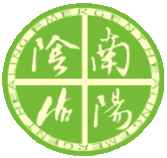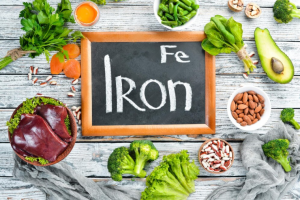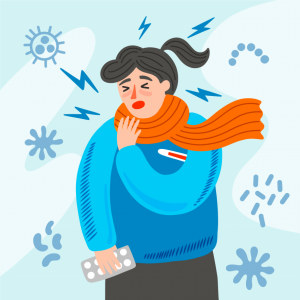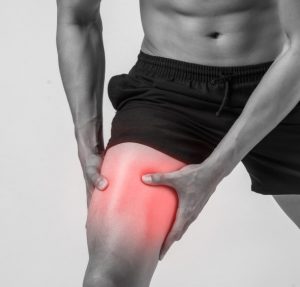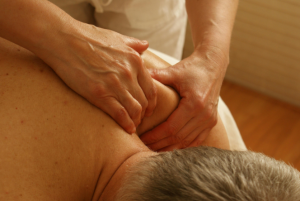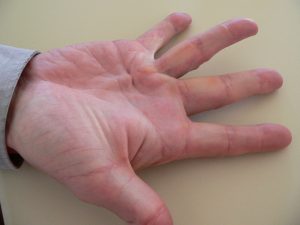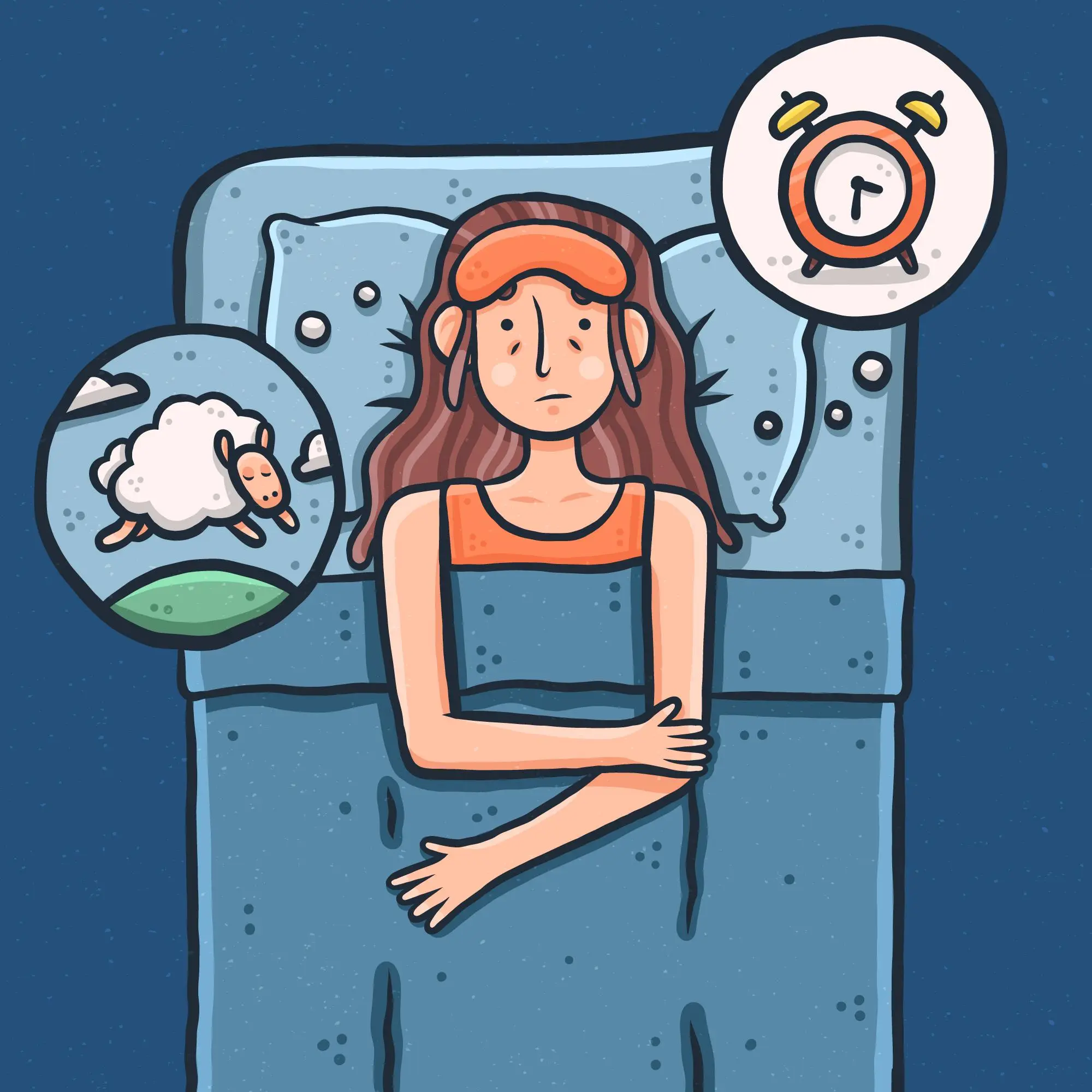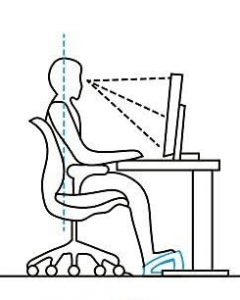- (347) 781-5067
- emergenthealing@gmail.com
-
Mon Wed: 9:30 - 5:00
Tue 10:00 - 5:00 Fri 9:30 - 3:30
The Dark Side of Overtraining: The Dangers of Working Out Too Much
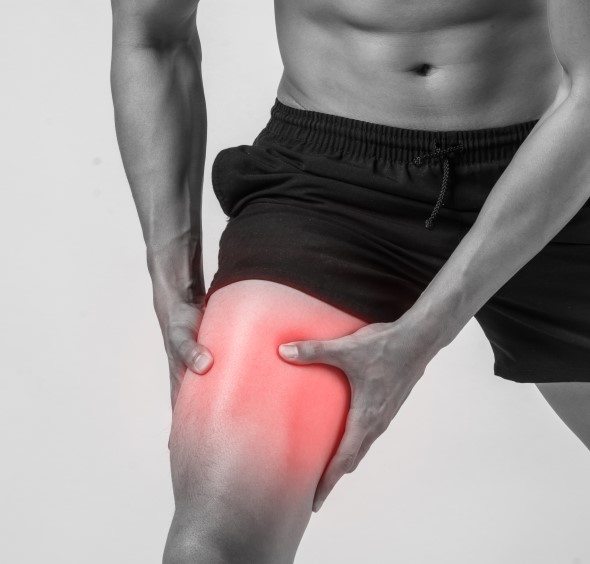
We’ve all heard the saying, “No pain, no gain.” While it’s true that pushing yourself to your limits can be beneficial, there’s a fine line between challenging yourself and overdoing it. Overtraining, or excessive exercise, can have serious consequences for your physical and mental health.
Common Signs of Overtraining:
- Fatigue: Persistent tiredness, even after adequate sleep
- Decreased performance: Feeling weaker or slower than usual
- Pain and soreness: Persistent aches and pains, especially in muscles or joints
- Sleep disturbances: Difficulty falling asleep, staying asleep, or waking up feeling unrested
- Mood changes: Increased irritability, anxiety, or depression
- Frequent injuries: Recurrent strains, sprains, or other injuries
- Loss of appetite: Reduced interest in food or decreased appetite
- Decreased immune function: Frequent colds, infections, or other illnesses
The Risks of Overtraining:

- Increased risk of injury: Overtraining can weaken muscles and joints, making them more susceptible to injury.
- Hormonal imbalances: Excessive exercise can disrupt the body’s hormonal balance, leading to issues like amenorrhea in women and decreased testosterone in men.
- Heart problems: Overtraining can put stress on the heart and increase the risk of heart conditions like arrhythmias.
- Mental health issues: Overtraining can contribute to stress, anxiety, and depression.
- Metabolic problems: Excessive exercise can interfere with the body’s ability to regulate metabolism, leading to weight gain or loss, fatigue, and other health problems.
How to Avoid Overtraining:
- Listen to your body: Pay attention to your body’s signals and take rest days when needed. Current recommendation is to put a rest day in between workout days.
- Gradually increase intensity and duration: Avoid making drastic changes to your workout routine too quickly.
- Cross-training: Incorporate different types of exercise to avoid overusing any particular muscle group.
- Proper nutrition: Ensure you’re getting enough nutrients to support your workouts and recovery.
- Prioritize sleep: Aim for 7-9 hours of quality sleep each night.
- Manage stress: Find healthy ways to manage stress, such as meditation, yoga, or spending time in nature.
Ready to Stand Taller?

Remember, it’s important to find a balance between challenging yourself and listening to your body. By being mindful of the signs of overtraining and taking steps to prevent it, you can enjoy the benefits of exercise without putting your health at risk.
More Posts Like This
Iron: A Vital Nutrient for Optimal Health Understanding the Role of Iron Iron, a crucial mineral...
Acupuncture: Your Shield Against Winter Woes Winter can be a harsh season, bringing with it cold...
The Dark Side of Overtraining: The Dangers of Working Out Too Much We’ve all heard the saying...
Stand Tall: How Acupuncture Can Help You Align Your Posture Ever heard the saying “you wear...
Back pain caused by the back or from somewhere else? Back pain, particularly from mid to lower back...
What is Polymyalgia Rheumatica? Polymyalgia rheumatica is an inflammatory condition affecting people...
What is Dupuytren’s Contracture? Dupuytren’s contracture (also called Dupuytren’s...
Sleep Disturbance and how it’s related to Chronic Pain/Issues It is not uncommon to have a...
Ergonomics for Work desk One of the leading causes of tension building in the neck, shoulders, back...
